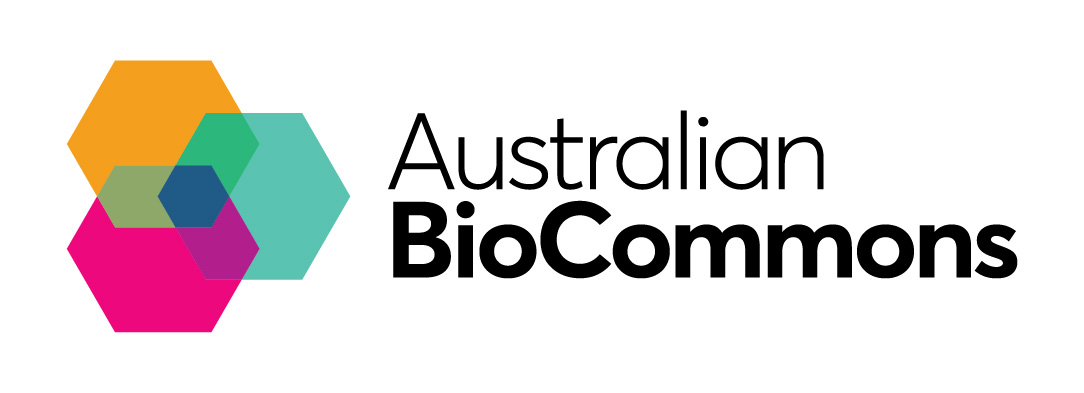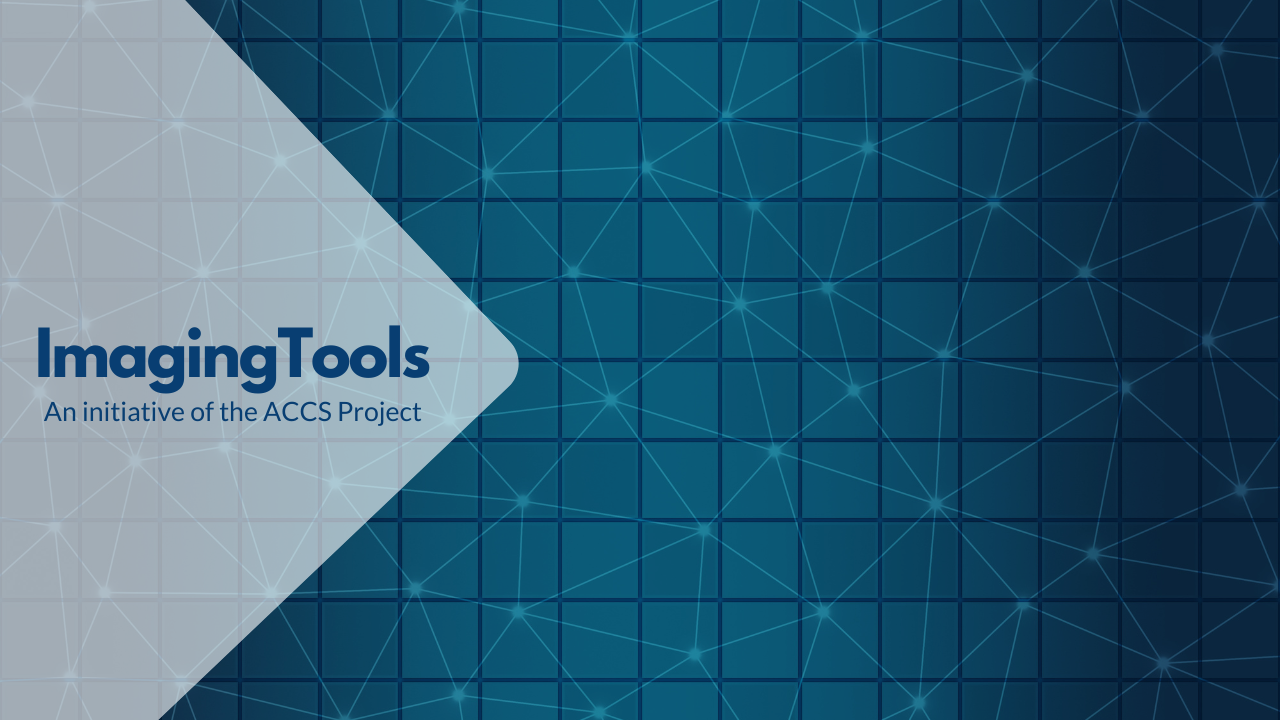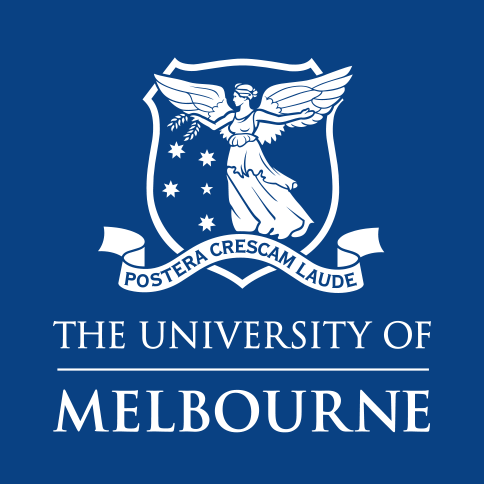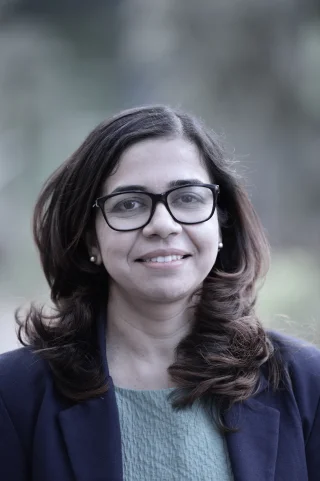Keywords: Bioinformatics or National Research Infrastru... or Research infrastructure or data processing or virtual laboratory
-

Australian BioCommons
Australian BioCommons is a research infrastructure project building digital capability for life...
89 training material3 upcoming event (47 past event)Australian BioCommons https://www.biocommons.org.au/ https://dresa.org.au/content_providers/australian-biocommons Australian BioCommons is a research infrastructure project building digital capability for life science research in Australia. /system/content_providers/images/000/000/002/original/Australian-Biocommons-Logo-Horizontal-RGB.jpg?1690164326 -

The Australian Characterisation Commons at Scale (ACCS) Project
ImagingTools: helping researchers find and access digital characterisation resources, including...
0 upcoming event (15 past event)The Australian Characterisation Commons at Scale (ACCS) Project https://www.imagingtools.au https://dresa.org.au/content_providers/the-australian-characterisation-commons-at-scale-accs-project ImagingTools: helping researchers find and access digital characterisation resources, including online environments, computing facilities, data, training and events. /system/content_providers/images/000/000/016/original/Minimal_Modern_Elegant_Background_Technology_Youtube_Thumbnail_%285%29.png?1671146621 -

Melbourne Bioinformatics
Melbourne Bioinformatics is hosted within the Faculty of Medicine, Dentistry & Health Sciences at...
0 upcoming event (9 past event)Melbourne Bioinformatics https://www.melbournebioinformatics.org.au/ https://dresa.org.au/content_providers/melbourne-bioinformatics Melbourne Bioinformatics is hosted within the Faculty of Medicine, Dentistry & Health Sciences at the University of Melbourne. Our services include development and delivery of training material, tool development, research and expert advice. /system/content_providers/images/000/000/020/original/PRIMARY_A_Vertical_Housed_RGB.png?1661319332 -
Sonika Tyagi Lab
Our expertise is in implementing Bioinformatics methods and machine learning models to solve...
0 upcoming event (2 past event)Sonika Tyagi Lab https://bioinformaticslab.erc.monash.edu/ https://dresa.org.au/content_providers/sonika-tyagi-lab Our expertise is in implementing Bioinformatics methods and machine learning models to solve biological research and clinical outcome questions. The two research focus areas for the group are: (1) Multimodal data integration for personalised medicine and (2) Integrative Genomics. /system/content_providers/images/000/000/027/original/DF0_7341.JPG?1693372847 -

Atlas of Living Australia
The Atlas of Living Australia (ALA) is a collaborative, digital, open infrastructure that pulls...
0 upcoming event (1 past event)Atlas of Living Australia https://www.ala.org.au/ https://dresa.org.au/content_providers/atlas-of-living-australia The Atlas of Living Australia (ALA) is a collaborative, digital, open infrastructure that pulls together Australian biodiversity data from multiple sources, making it accessible and reusable. The ALA helps to create a more detailed picture of Australia’s biodiversity for scientists, policymakers, environmental planners and land managers, industry and the general public and enables them to work more efficiently. The ALA is the Australian node and a full voting member of GBIF – the Global Biodiversity Information Facility – an international network and data infrastructure funded by the world’s governments and aimed at providing anyone, anywhere, open access to data about all types of life on Earth. /system/content_providers/images/000/000/017/original/ALA_Logo_Inline_CMYK.jpg?1652413583 -

Language Data Commons of Australia (LDaCA)
Australia is a massively multilingual country, in one of the world’s most linguistically diverse...
1 upcoming event (1 past event)Language Data Commons of Australia (LDaCA) https://www.ldaca.edu.au/ https://dresa.org.au/content_providers/language-data-commons-of-australia-ldaca Australia is a massively multilingual country, in one of the world’s most linguistically diverse regions. Significant collections of this intangible cultural heritage have been amassed, including collections of Aboriginal and Torres Strait Islander languages, Australian Englishes, and regional languages of the Pacific, as well as collections important for cyber-security and for emergency communication. Language Data Commons of Australia (LDaCA) is integrating this existing work into a national research infrastructure while also securing at-risk collections and improving access to under-utilised collections. LDaCA is thus ensuring that these invaluable resources will be available for analysis and reuse in the future, and that they will be managed in a culturally, ethically and legally appropriate manner guided by FAIR and CARE principles. The Language Data Commons of Australia (LDaCA) project receives investment from the Australian Research Data Commons (ARDC) through its HASS and Indigenous Research Data Commons program. The ARDC is funded by the National Collaborative Research Infrastructure Strategy (NCRIS). /system/content_providers/images/000/000/041/original/logo.jpg?1724905018 -

Astronomy Data And Computing Services (ADACS)
Our Vision is to provide astronomy-focused training, support and expertise to allow astronomers...
2 training materialAstronomy Data And Computing Services (ADACS) https://www.adacs.org.au https://dresa.org.au/content_providers/astronomy-data-and-computing-services-adacs Our Vision is to provide astronomy-focused training, support and expertise to allow astronomers to maximise the scientific return from data and computing infrastructure. ADACS is delivered jointly by Swinburne University of Technology, Curtin University, and Macquarie University. ADACS is funded under Astronomy National Collaborative Research Infrastructure Strategy (NCRIS) Program via Astronomy Australia Ltd (AAL). /system/content_providers/images/000/000/033/original/ADACSLogo.png?1708671870
